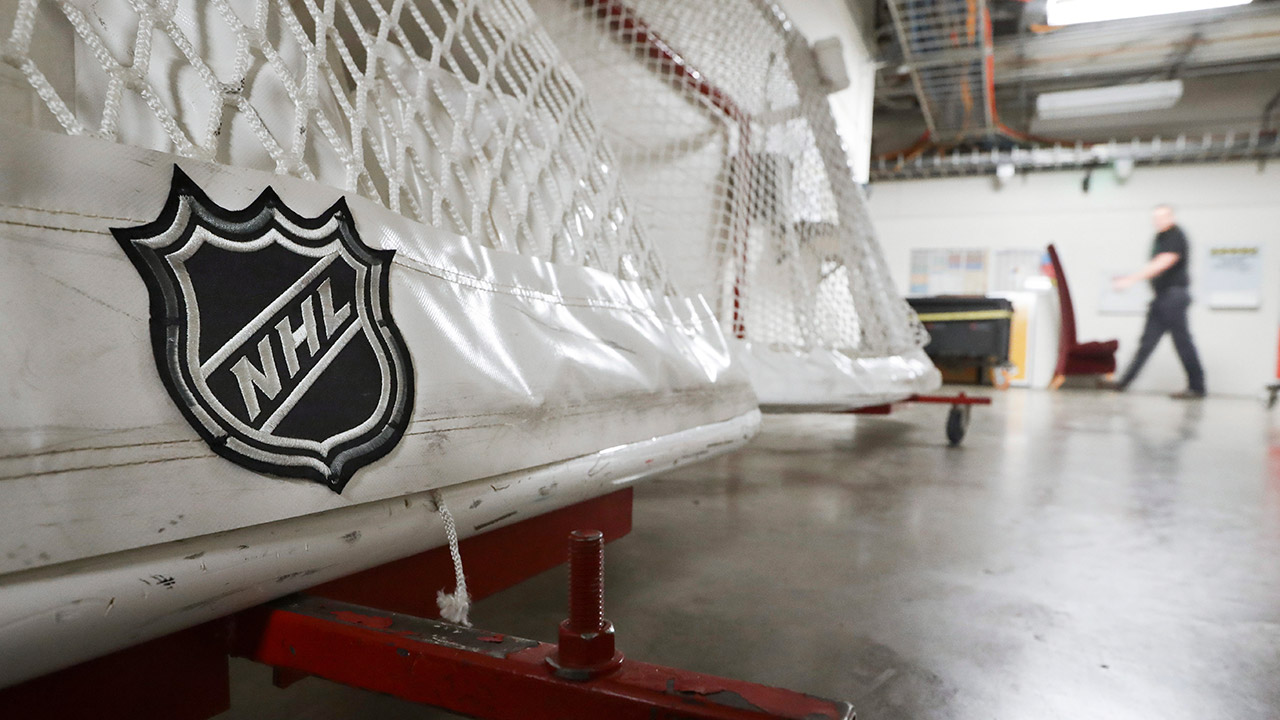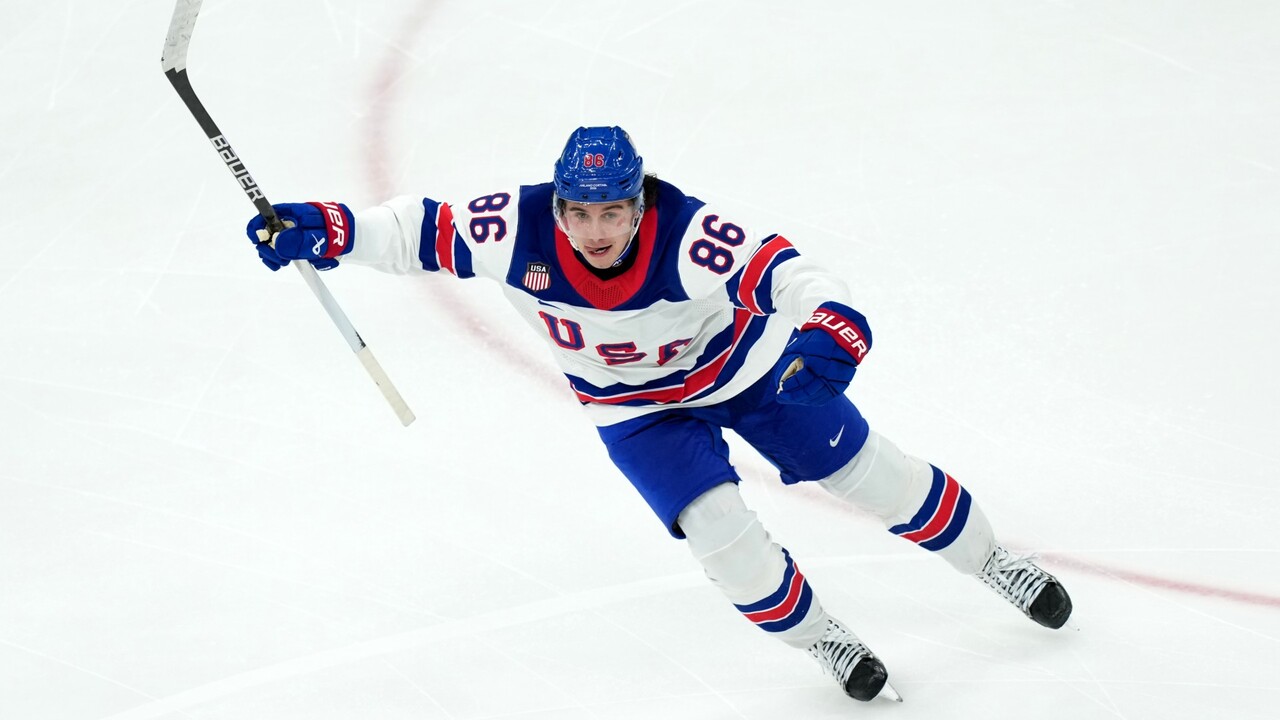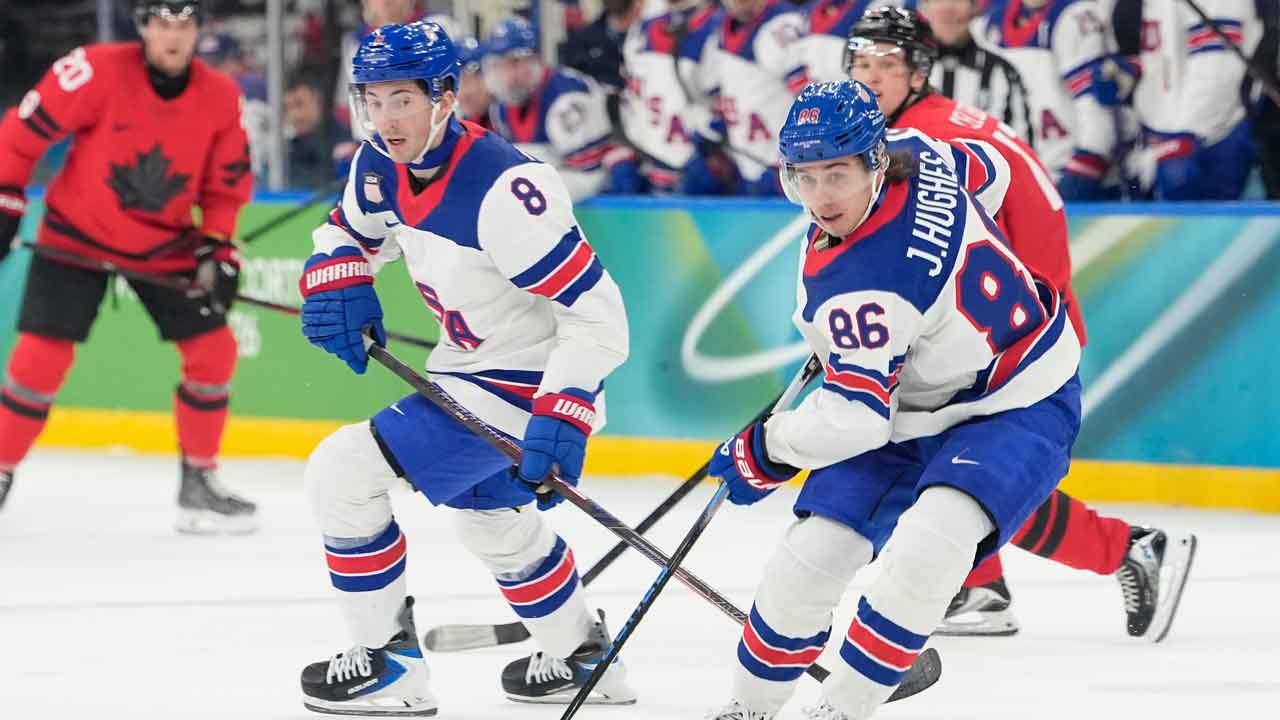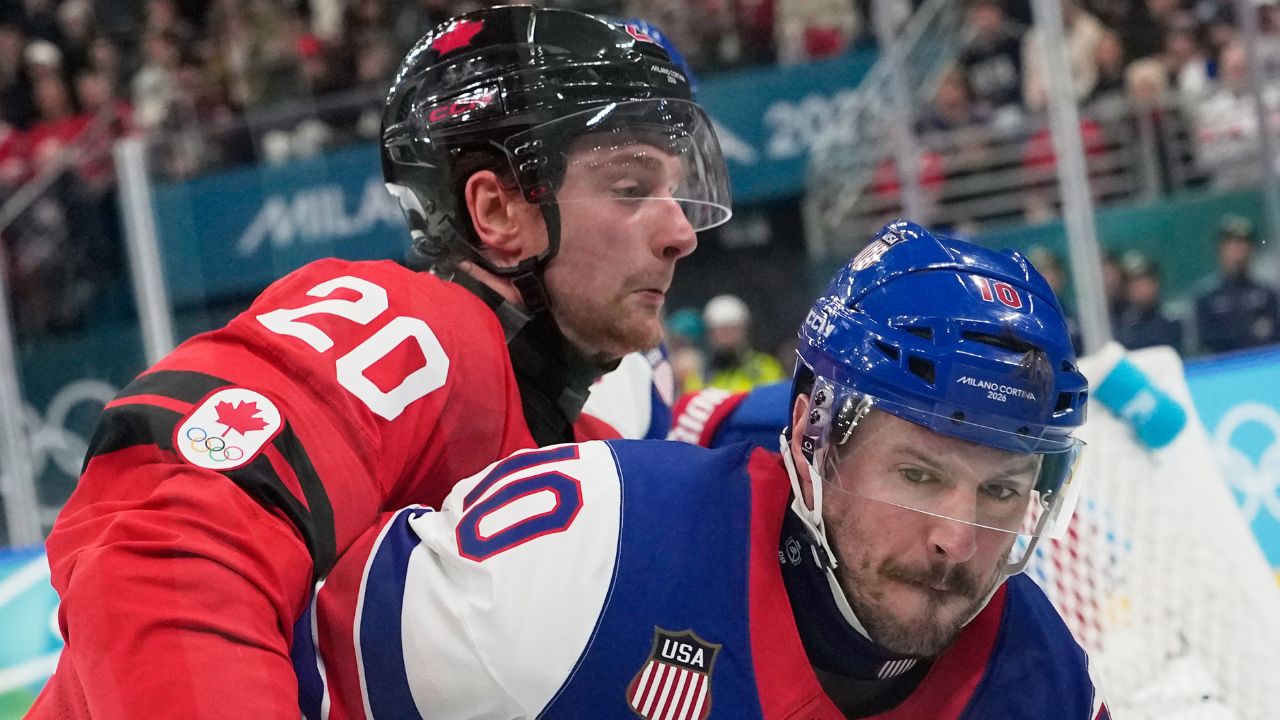
As the NHL and NHL Players’ Association continue putting the finishing touches on a plan to resume the season, the league says 26 players have tested positive for COVID-19 in the last three weeks.
We won’t be able to gain a full picture about the rate of infection in the NHL population until training camps open next month. Fifteen of the positive tests announced Monday came from those participating in voluntary small-group workouts at NHL facilities — a group that includes 250-plus participants, or roughly a third of the total needed for the planned 24-team restart.
The other 11 positives came from players not yet subject to regular testing under the league’s return-to-play protocol.
Exhaustive testing procedures are expected to be part of the overall package being finalized by the NHL and NHLPA now. They are believed to be close to settling on a plan that includes the location of two hub cities for games, the protocols governing training camp and the competition phase, and the framework for an extension of the collective bargaining agreement — all of which would be subject to approval.
The hope has been to get something to the NHLPA membership for a vote by the end of this week.
It’s an enormous undertaking, especially with how fluid the situation is.
Consider that at this point last week there was progression towards choosing Vancouver and Las Vegas as the two hub cities — only to see Vancouver dropped as an option when discussions hit a snag with the B.C. government on how positive tests would be handled inside the bubble.
Meanwhile, with coronavirus caseloads spiking in various parts of the United States, talks between the NHL and NHLPA continued into Monday night on the location of hub cities. There were sources who believed that two Canadian hubs could still be an option for the league with Toronto and Edmonton remaining in the bidding. Chicago and Los Angeles are also among the finalists.
The opening of training camps remains scheduled for July 10, but teams have been told to prepare for the possibility it gets pushed back to July 13. Players are expected to spend about two weeks in their home markets before travelling to hub cities, where games could start on or around Aug. 1.
The NHL’s goal has been to return in as safe a manner as possible and will require it to keep players in a tightly controlled bubble with a myriad of built-in safeguards once games start. That’s expected to include daily testing.
Frequent testing, physical distancing and the wearing of masks inside team facilities will likely be part of the protocols governing training camps — although players are expected to be allowed to stay at their own homes during Phase 3.
Given that more than 400 NHLers aren’t currently being tested at all, there’s bound to be more positive results if the league keeps moving towards a restart. The 250-plus participants in Phase 2 have taken more than 1,450 combined tests since June 8, and produced 15 positive results.
Preventing an outbreak among the playing population is vital to handing out the Stanley Cup this October.
“I’ve been involved in a lot of the [return-to-play] talks and I’m pretty confident that once we get into hub cities we’ll be able to do a good job of keeping it out,” veteran Toronto Maple Leafs forward Jason Spezza said recently. “I think getting there is going to be the challenge and that’s where it takes a little bit of discipline on our part as players to make sure we don’t kind of derail the plans.”
The NHL says that all players who have tested positive have been in self-isolation and are following protocols set out by Health Canada and the Centers for Disease Control.





